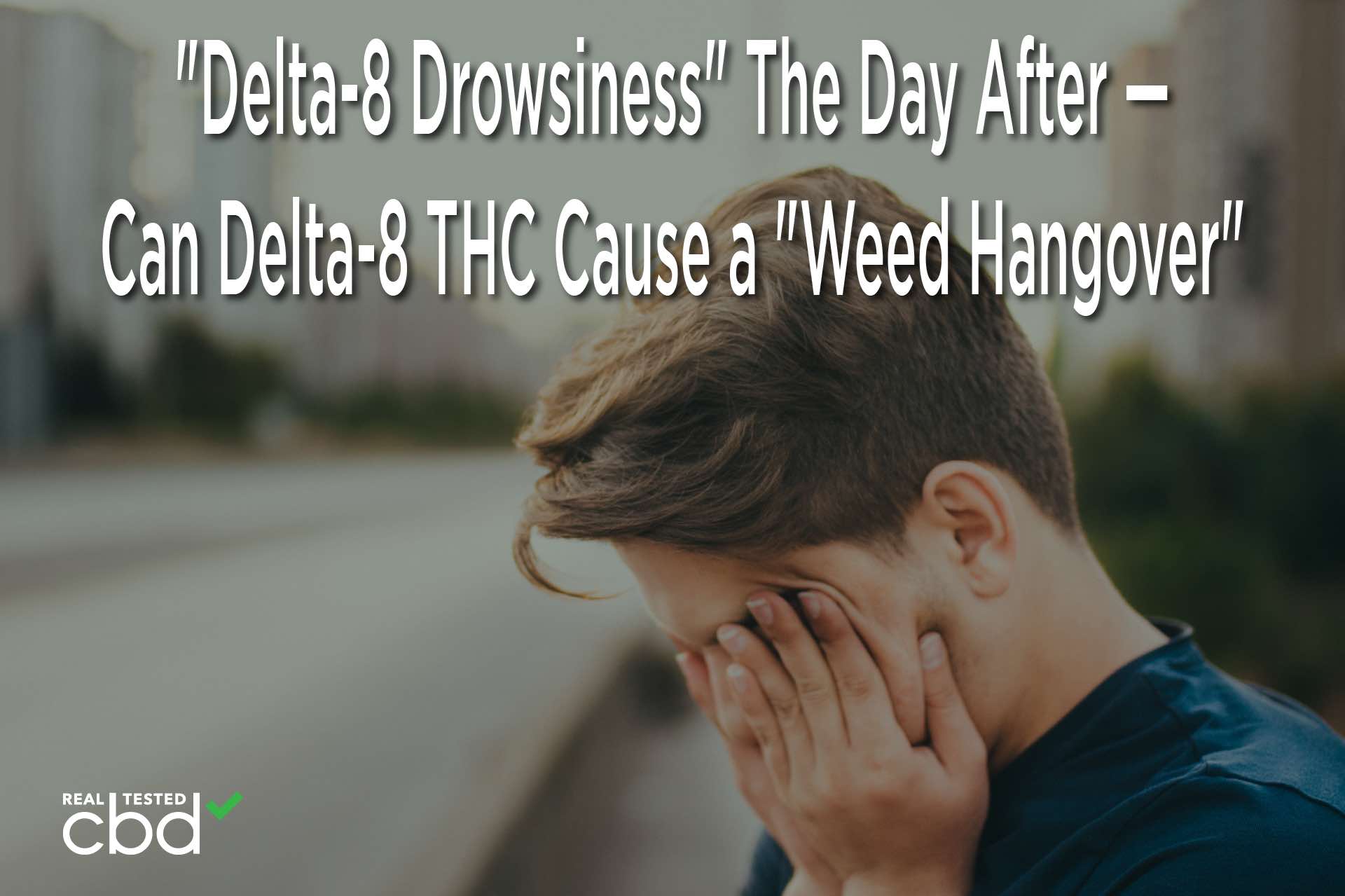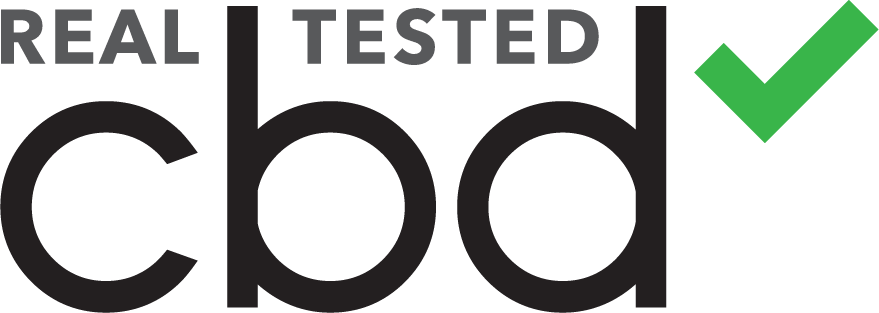
In the cannabis community, there’s still controversy surrounding a phenomenon known as the “weed hangover.” Some cannasseurs believe smoking too much THC-containing weed can have a similar effect to drinking too much booze the day after. Others argue that this supposed “hangover” is more myth than reality.
Whatever the truth is, there are enough anecdotal reports that suggest some cannabis users feel undesirable symptoms like excessive fatigue the next day. Since delta-8 is similar to delta-9 THC, many in the hemp community assume this cannabinoid could cause a similar “hangover-like” effect. People new to delta-8 THC should review the latest info on “weed hangovers” to better understand the potential side effects of using this cannabinoid.
How Can Delta-8 THC Cause A “Hangover?”
“Hangover” is most commonly associated with the after-shocks of alcohol. However, it’s essential to remember this term refers to any residual effects that linger (or “hangover”) after drug use.
So, delta-8 probably has “hangover” potential, but the symptoms patients describe aren’t the same as alcohol. For instance, it’s rare for cannabis smokers who claim to feel a “hangover” to report nausea and vomiting. Instead, most people who have “weed hangovers” describe feeling symptoms like brain fog, daytime fatigue, and headaches. Patients may also still have red eyes or a dry mouth after taking delta-8 the night before.
There’s no scientific data examining delta-8 hangovers, but enough evidence suggests delta-9 THC can remain in a person’s body long after they use it. Indeed, delta-9’s long half-life is a major reason it’s difficult for frequent cannabis users to pass a cannabis drug screening. Many trials suggest THC can impact a person’s cognitive function long after the initial impact fades.
These findings indicate some patients may experience a “delta-8 hangover,” but these symptoms aren’t the same as alcohol.
Are There Ways To Prevent A Delta-8 THC Hangover?
Genetics may influence how susceptible people are to a “weed hangover.” However, even if people are predisposed to side effects from delta-8 THC, there are simple ways to minimize its impact.
The most obvious strategy to avoid a delta-8 hangover is to take the smallest recommended dose of this cannabinoid. People who experience the worst hangover effects often take too much delta-8 in one session. It’s important to never go above your THC tolerance level.
It’s also essential for customers to drink plenty of water before and after their delta-8 session. While delta-8 doesn’t appear to dehydrate users, it can mess up saliva production. Proper hydration is crucial to minimizing the risk of “cottonmouth.” Plus, more water helps our body flush out toxins and function at peak efficiency. Considering about 75 percent of Americans are already dehydrated, it’s safe to say adding a little extra H2O can help.
People who are extra susceptible to delta-8 hangovers should consider switching to high-CBD hemp strains. CBD is a non-intoxicating cannabinoid, and it appears to have a lower risk of adverse “hangover-like” symptoms. Some people use CBD’s anti-inflammatory effects to help reduce alcohol hangovers!
Remember: High-Quality Delta-8 Reduces Hangover Risk!
As mentioned above, THC compounds like delta-8 can trigger undesirable effects the day after usage. However, customers must remember that the quality of their delta-8 will influence how it affects their body. Low-quality delta-8 without lab tests may have traces of toxic compounds like heavy metals and pesticides. Obviously, these undesirable secondary compounds could negatively impact a user’s experience.
We strongly encourage customers to review the delta-8 brands on Real Tested CBD. Our team of hemp experts uses the latest lab technology to see how accurate each delta-8 company’s posted claims are. You can read many unbiased reviews on delta-8 products by visiting Real Tested CBD’s Delta-8 Resource Center.
Advertising disclosure: We may receive compensation for some of the links in our stories. Thank you for supporting LA Weekly and our advertisers.

